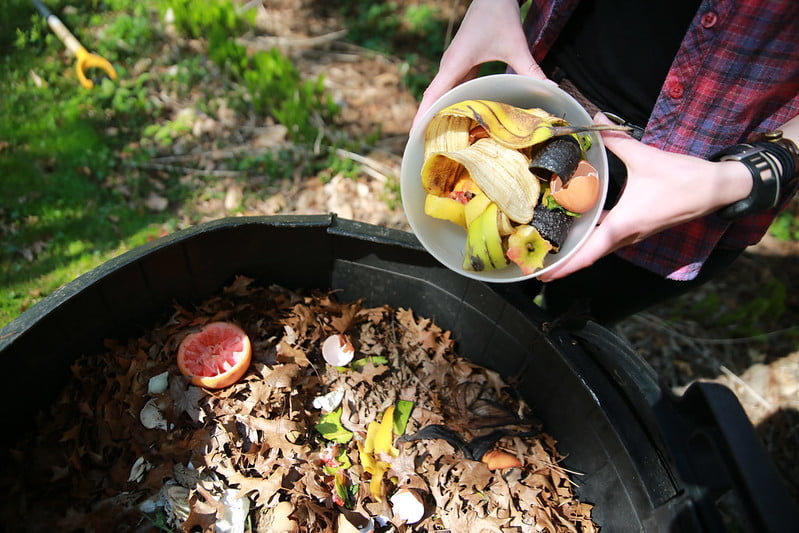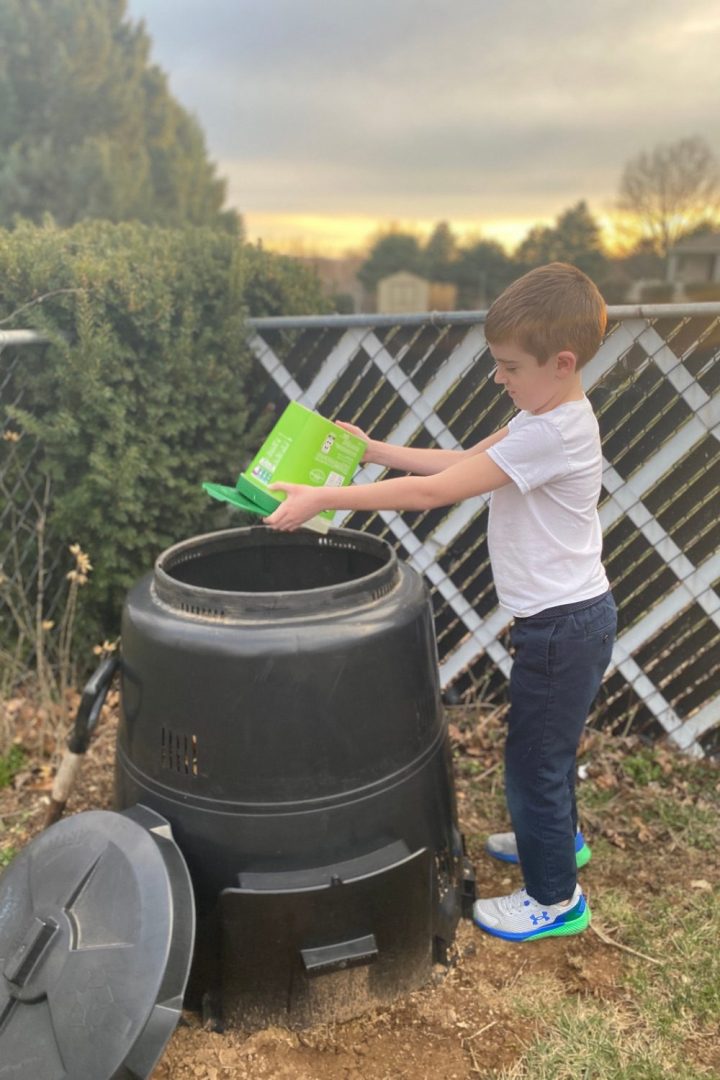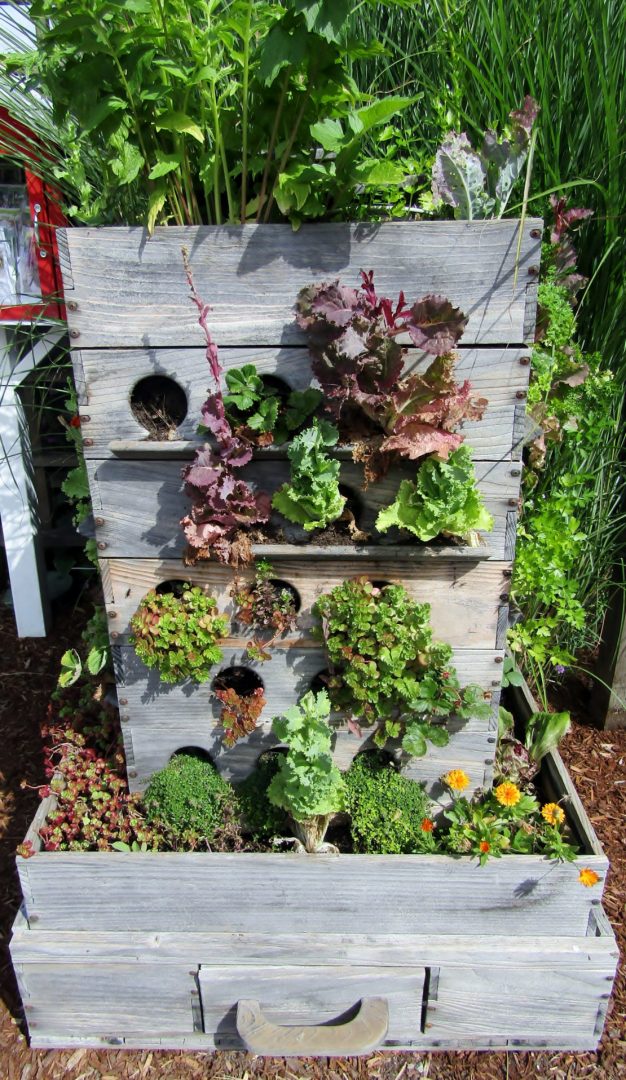All you need to know about composting
Discovering the secrets of composting

In our quest for sustainability and environmental awareness, home composting is emerging as a powerful tool. Not only does it reduce waste, but it also establishes a connection with nature and provides the opportunity to cultivate healthier gardens.
Understanding Composting: Natural Recycling
Composting, at its core, is nature’s natural recycling mechanism. It uses the power of microorganisms to break down organic matter into rich, nutritious soil, known as compost. This process, called decomposition, takes place under controlled aerobic conditions, where oxygen and moisture play a key role.
At home, composting starts with collecting kitchen scraps, such as fruit and vegetable peels, coffee grounds and eggshells, along with yard waste such as leaves, grass clippings and twigs. These materials provide the necessary balance of carbon and nitrogen for the composting process.
Why composting?
The benefits of composting are numerous. By diverting organic waste from landfills, we reduce methane emissions and lighten the burden on the waste management system. In addition, composting enriches soil health, improves plant growth and reduces the need for chemical fertilizers, thereby promoting sustainable gardening practices.
Separate collection of organic waste and composting also reduces the need for frequent emptying of the trash can, because organic waste makes up about 40% of the total waste generated in the household.
Options for composting
There are several methods for composting, each suited to different preferences and space limitations:

Backyard Composting: Ideal for those with ample outdoor space, backyard composting involves creating a compost pile or bin in the yard.
Vermicomposting (Worm Composting): Suitable for city dwellers or those with limited space, vermicomposting uses worms to speed up the decomposition process in a closed environment. Read the interview of Miljan Grba, worms composter in Podgorica.
Composting with Bokashi Microorganisms: Suitable for those who compost at home. (More information on EM technologies here).
Community composting: For people without space or resources, community composting programs offer a collaborative solution, where residents can contribute their organic waste to centralized composting facilities.
Did you know?
- In the Urban Garden in Podgorica, you can collect and bring your organic waste and join community composting. Read about it on our blog! (Coming soon)
- In Danilovgrad, around 150 households started composting at home through our Fork to Farm project.
- In Tuzi, there is a pilot zero-waste neighbourhood where the Public utility company separately collects waste from door to door in four bins, including organic waste. Citizens of this municipality are informed about waste management through a special application.
- In Kotor, there is the only municipal composting plant in Montenegro, where first-class quality compost from biowaste is produced and sold! Learn more!
- In Gusinje, waste is collected from door to door according to the zero waste principles in five bins. One part of the citizens compost their waste in their backyards, while the others hand over their organic waste to the public utility company. See how it looks!

Conclusions
Ultimately, composting represents a harmonious relationship with nature, where waste becomes a valuable resource for nurturing soil health and promoting sustainable living. By adopting composting practices and integrating microorganisms like those in the Bokashi method, individuals can play a key role in reducing waste, conserving resources and developing thriving ecosystems. Let’s embark together on this journey towards a greener future.
Note: For detailed instructions and troubleshooting tips regarding composting and the Bokashi method, see our guide and resources available on our website.

